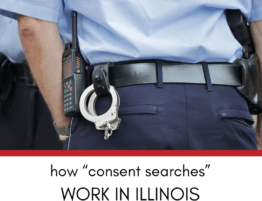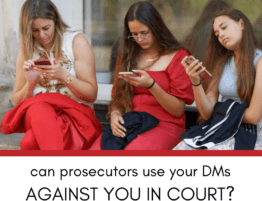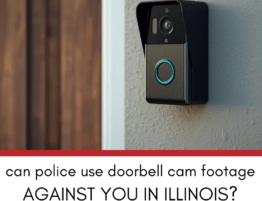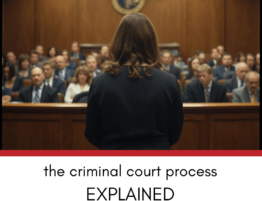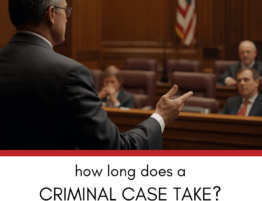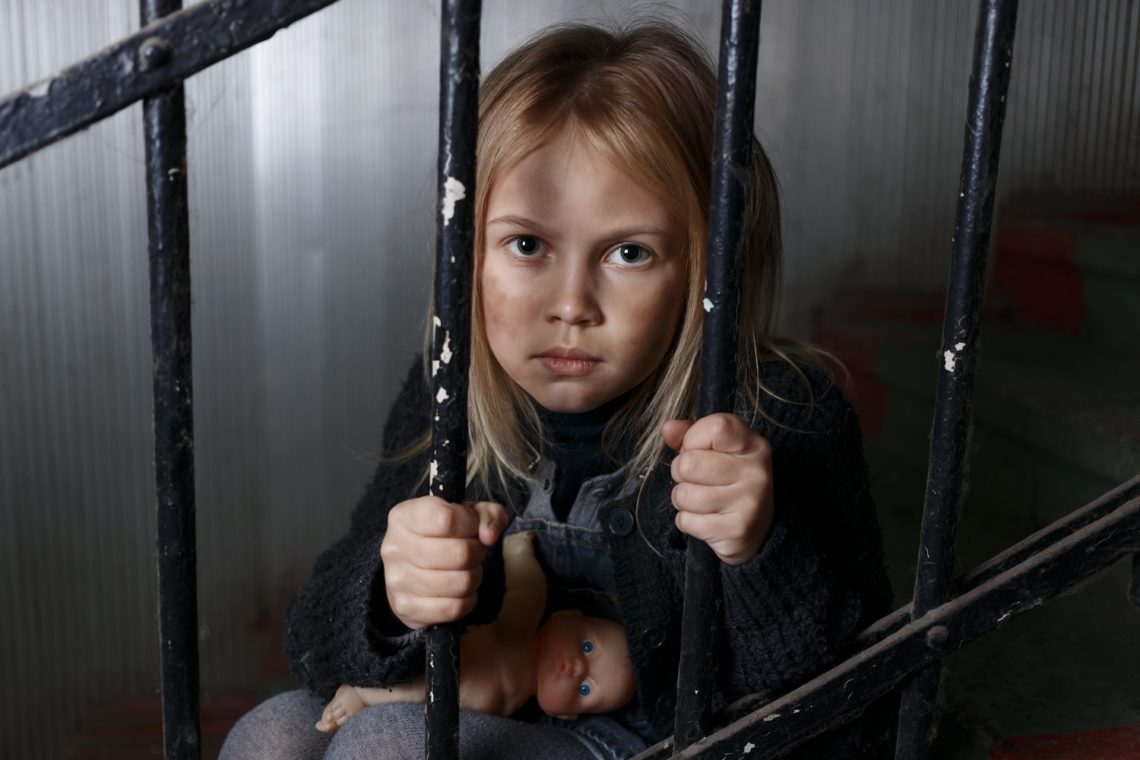
If you’re like many people, you don’t know a lot about how criminal law deals with juveniles in Illinois – and when your kid gets into trouble, you need answers fast. In most cases, the best idea is to get in touch with a juvenile criminal defense attorney for immediate help.
Common Questions About Juveniles Accused of Crimes in Illinois
These are a few common questions we receive:
- How long can the police keep a juvenile under arrest?
- Can police question my child if I’m not there?
- What happens after my child is charged?
- Will my child be tried as an adult?
How Long Can the Police Keep a Juvenile Under Arrest?
Under Illinois law, the amount of time the police can hold your child depends on his or her age.
If your child is:
- Under 12: No more than 6 hours
- Between 12 and 16: Up to 12 hours for a non-violent crime and up to 24 hours for a violent crime
Can Police Question My Child if I’m Not There?
Police are required to make a reasonable attempt to contact you if your child is arrested. If they can’t reach you, they can contact a responsible adult to be present.
A youth officer must be there, as well.
However, the police do not have to wait to question your child until you arrive. They don’t even have to wait for permission to question a juvenile.
What Happens After My Child Is Charged?
If your child is charged with a crime, he or she will either be released to you or held in a secure facility. In most cases, it depends on the nature of the crime that your child is accused of committing.
Your child will go through the arraignment process, where he or she is read the charges in court, and will have a chance to enter a plea. It’s in your child’s best interest to have his or her lawyer present at the arraignment – and preferably before, so he can familiarize himself with your child’s case and plan a solid defense strategy that gets your child the best possible outcome.
Will My Child Be Tried as an Adult?
In Illinois, not all minors are tried as juveniles – some are tried as adults. It typically depends on the nature of the crime.
Misdemeanors
A defendant is considered a juvenile if the alleged offense occurred when he or she was 17 or younger.
Felonies
A defendant is considered a juvenile if the alleged offense occurred when he or she was 16 or younger.
Do You Need to Talk to a Juvenile Defense Lawyer?
If your child has been accused of a crime, we may be able to help. Call us right away at 847-920-4540 for a free case review. We’ll ask you some questions, get your child’s side of the story, and if we can help, we’ll start building a defense right away.


